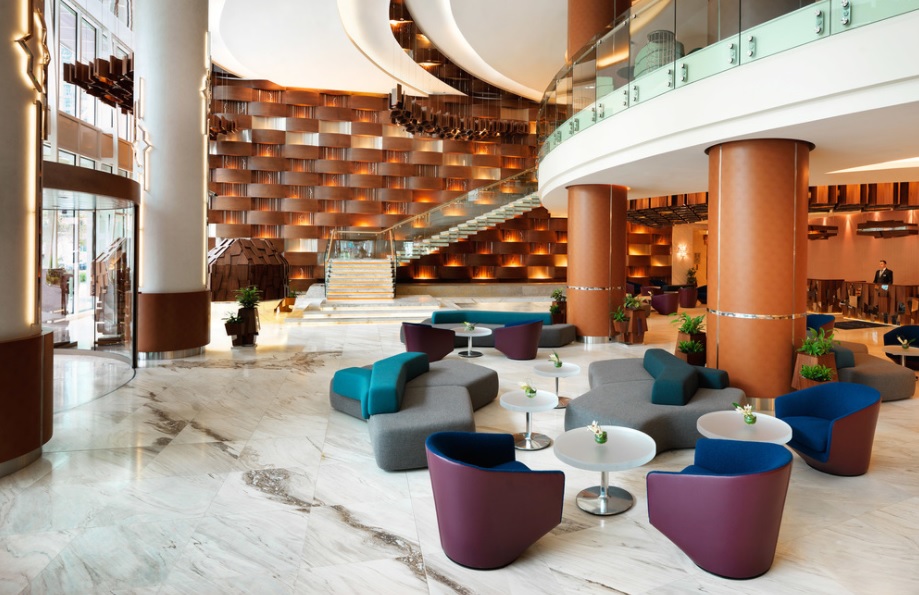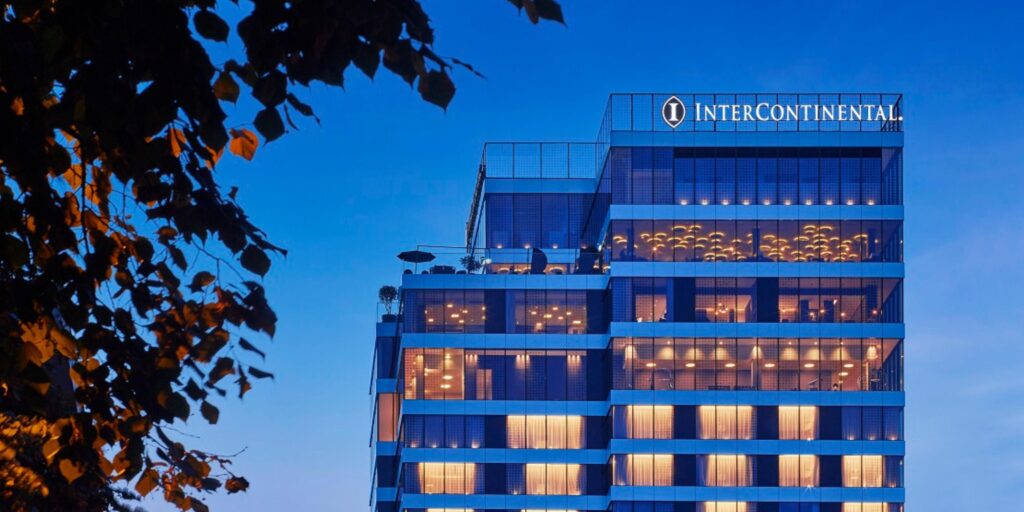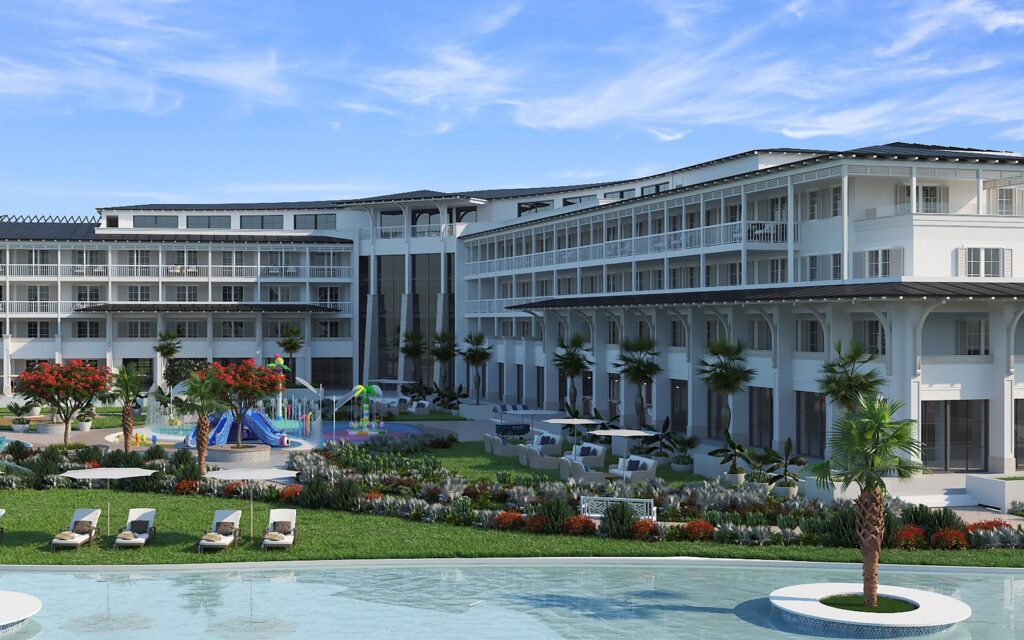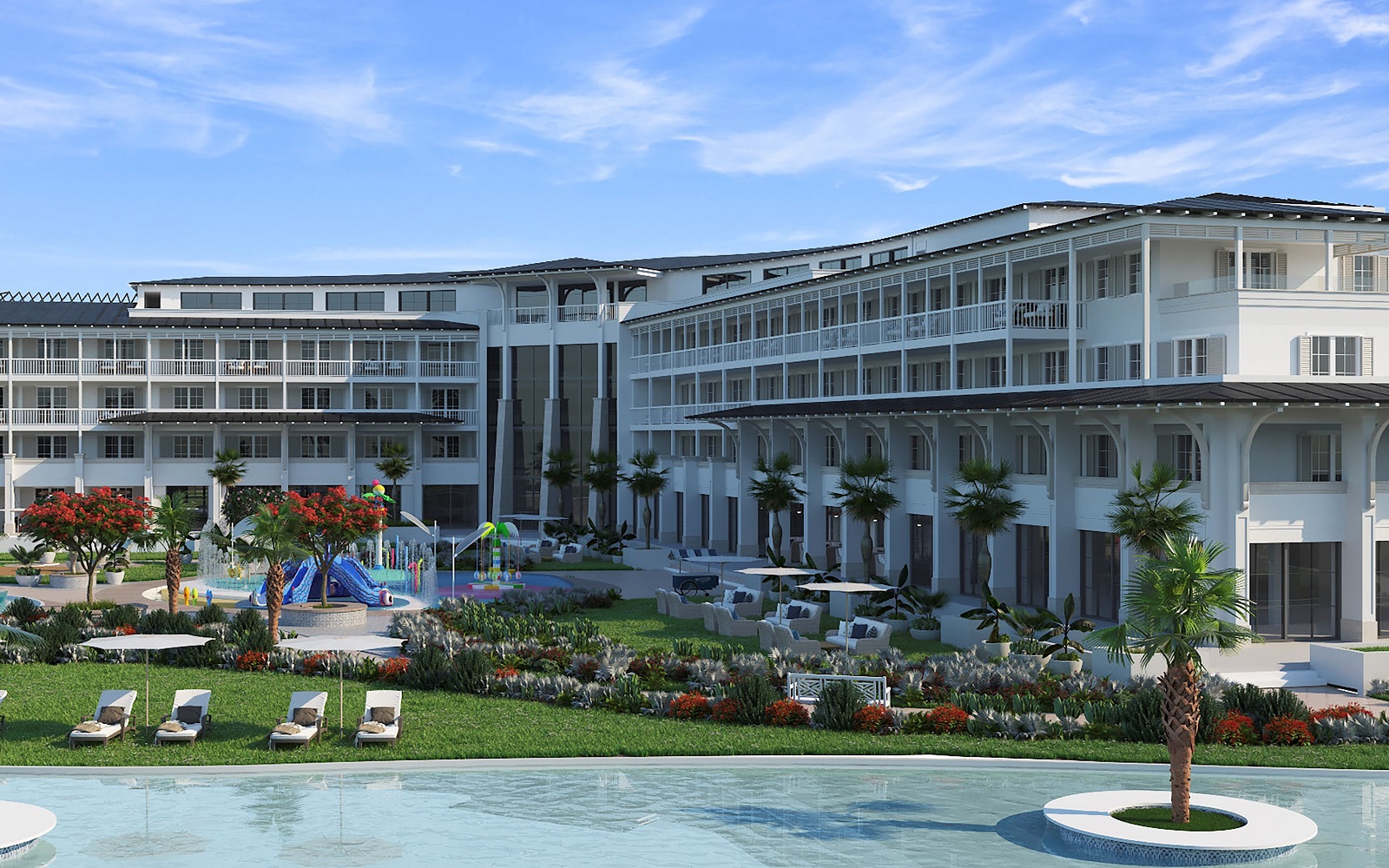Hotel Chains Complete Guide to Global Hospitality Brands
Hotel chains are more than just places to stay. They represent a global standard of hospitality, offering consistent experiences, loyalty benefits, and a wide variety of accommodation options. Whether you’re traveling for business, leisure, or special occasions, hotel chains provide a sense of familiarity while adapting to different cultures and destinations.
This guide will dive into the history of hotel chains, their impact on global tourism, and the advantages they bring to both travelers and the hospitality industry. We will also explore real-world examples of renowned hotel chains that define modern travel experiences.
The Origins and Evolution of Hotel Chains
The concept of hotel chains began in the early 20th century when the need for standardized service across multiple locations became evident. Travelers wanted assurance that they would receive the same level of comfort regardless of the city or country they visited.
As transportation improved and international travel expanded, hotel chains grew rapidly. Brands like Hilton, Marriott, and InterContinental set the foundation for what we now recognize as global hospitality leaders. Today, hotel chains extend beyond traditional lodging, incorporating lifestyle hotels, boutique brands, and luxury resorts.
Key Characteristics of Hotel Chains
Standardized Services
One of the defining traits of hotel chains is service consistency. Guests expect the same quality of rooms, amenities, and customer service across all locations. This reliability is what makes chains stand out compared to independent hotels.
Standardization doesn’t mean a lack of character. Many chains adapt their design and dining options to reflect local culture while maintaining global service standards.
Loyalty Programs

Loyalty programs are a major benefit of hotel chains. Guests earn points, enjoy exclusive perks, and often receive upgrades or special discounts. These programs encourage repeat stays and create long-term brand loyalty.
Brands like Hilton Honors, Marriott Bonvoy, and IHG One Rewards have millions of members worldwide, making them key drivers of guest satisfaction and return visits.
Global Presence
Hotel chains have a footprint that spans continents. From bustling cities to remote beach resorts, they provide travelers with options everywhere. This global presence allows travelers to choose the same trusted brand across various destinations.
For business travelers, this presence ensures they can find familiar accommodations regardless of where their work takes them. For vacationers, it provides comfort and security in unfamiliar locations.
Real-World Examples of Leading Hotel Chains
Hilton Hotels & Resorts
Hilton is one of the most iconic hotel chains, founded in 1919. Known for its global reach, Hilton operates properties in more than 100 countries. Its reputation for luxury, modern facilities, and excellent service makes it a preferred choice for travelers worldwide.
Hilton also leads in innovation, introducing features like digital room keys through its mobile app, which enhances guest convenience and efficiency.
Marriott International

Marriott International is the largest hotel chain in the world by the number of rooms. It encompasses a wide range of brands, from luxury names like The Ritz-Carlton and St. Regis to mid-range options like Courtyard by Marriott.
The brand diversity allows Marriott to cater to different market segments, making it a powerhouse in global hospitality. Its Bonvoy loyalty program is among the most popular in the world.
InterContinental Hotels Group (IHG)

IHG operates globally recognized brands like InterContinental, Holiday Inn, and Crowne Plaza. With thousands of properties worldwide, IHG balances luxury with affordability, making it one of the most versatile hotel chains.
The chain has also embraced sustainability, with initiatives aimed at reducing carbon footprints and promoting eco-friendly operations across its properties.
Hyatt Hotels Corporation
Hyatt is known for its focus on guest experience and personalized service. With brands like Park Hyatt, Andaz, and Hyatt Regency, it caters to both luxury travelers and business guests.
Hyatt emphasizes wellness, with many of its properties offering spa services, fitness centers, and health-conscious dining options.
Accor Hotels

Accor is a French multinational hospitality group with a strong presence in Europe, Asia, and Africa. Its portfolio includes brands like Sofitel, Novotel, and Ibis.
Accor has built its reputation on diversity, offering everything from luxury stays to budget-friendly options. Its commitment to digital transformation also sets it apart in the modern hospitality space.
The Benefits of Hotel Chains
Consistency and Trust
Travelers can book a stay with confidence, knowing they will receive the same quality of service regardless of location. This trust is especially important for international travelers navigating new cultures and languages.
Consistency builds long-term loyalty and eliminates uncertainty, which is a major advantage in the hospitality industry.
Enhanced Guest Experience through Technology
Technology has transformed hotel chains. From mobile check-ins to smart room controls, chains are integrating innovations to streamline guest experiences. Many brands now offer apps where guests can choose rooms, unlock doors, or request services directly.
This integration of technology not only adds convenience but also reflects the evolving needs of modern travelers who value speed and personalization.
Economic and Cultural Impact
Hotel chains also play a role in boosting local economies. They generate jobs, promote tourism, and often support local suppliers. Additionally, chains introduce international travelers to local cultures through design, food, and experiences.
By balancing global consistency with local flavor, hotel chains create connections that enrich travel experiences.
Practical Use Cases of Hotel Chains
-
Business Travel: Chains provide reliable facilities like conference rooms, Wi-Fi, and executive lounges.
-
Leisure Vacations: Families benefit from kid-friendly amenities, pools, and on-site dining.
-
Destination Weddings: Luxury hotel chains often host weddings and events, offering full-service packages.
-
Frequent Travelers: Loyalty programs reward those who travel often, making trips more cost-effective and enjoyable.
-
Digital Nomads: With coworking spaces and long-stay offers, many hotel chains adapt to the needs of remote workers.
Frequently Asked Questions
1. Why are they important in the travel industry?
Hotel chains provide consistency, global presence, and reliability, ensuring travelers receive familiar service standards worldwide.
2. What are the main advantages of staying?
The main advantages include loyalty programs, consistent quality, global reach, and integration of modern technology for convenience.
3. Do adapt to local cultures?
Yes. While hotel chains maintain global standards, many incorporate local designs, cuisine, and cultural experiences into their properties.






